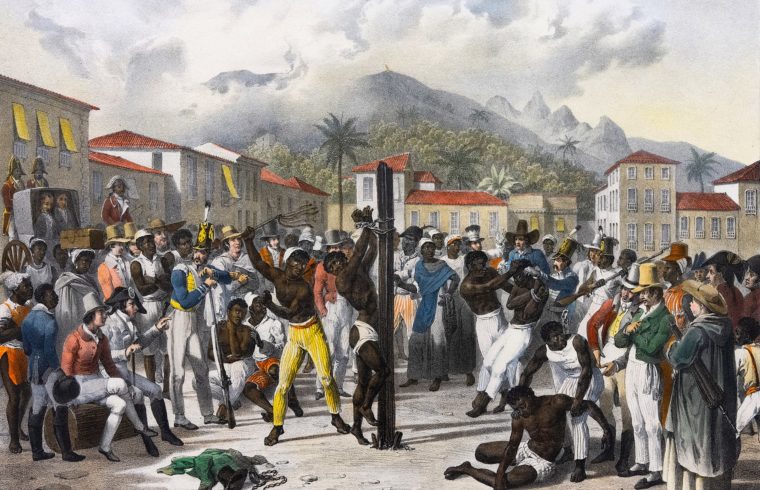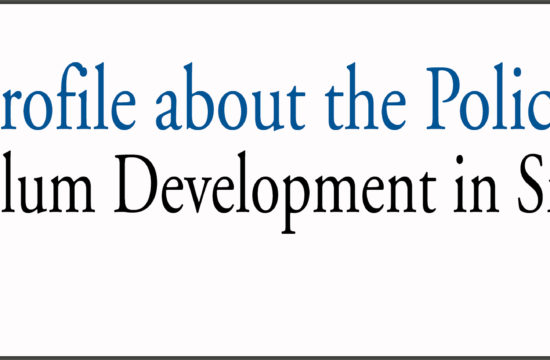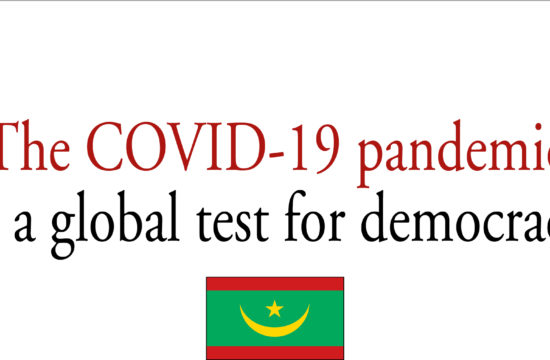Heleno Araújo Filho1
Presidente de la Confederación Nacional de Trabajadores de la Educación CNTE – BRASIL
One of the major signs of inequality in Brazil can be found in the country’s educational deficit, which is still the result of decisions made by the national elites since the colonization, which, sadly, lasted after the country’s independence from the Portuguese metropolis. In contrast to the Spanish colonization model that was applied in almost all the countries of Spanish America, Brazil still suffers today from the option taken by the Portuguese Crown to refrain from any policy of development of the national educational system. This occurred despite the colonization model we live in, which has been marked by historical specificities incomparable to what has been seen in any other part of the world, such as the transfer of the Portuguese court to Brazil in 1808, during the French invasion of Portugal by Napoleon Bonaparte in 1807.
The arrival of the Portuguese Crown in the colony of Brazil represents an unprecedented event for a colony to house and host a European court: the Portuguese royal family, its noble court and thousands of servants settled in Brazil in 1808 and the Portuguese Empire’s orders emanated from the tropics. In contrast to the expectations of such a measure, that persisted until our national independence from Portugal in 1821, in the colony of Brazil nothing was benefi ted, neither in the constitution nor in the formation of its educational systems, by the presence of the colonizers. This was despite the fact that the transfer of the Crown to the colony of Brazil represented an event of utmost importance for the constitution of the identity that, later on, called itself Brazilian.
Despite this general panorama, this remarkable fact is very different from what is observed in the colonization of Spanish America, which had a different form, in general, from what was experienced in Brazil. Bolivia, for instance, had a very important university established in its territory even before its process of colonial independence from Spain, when it was still living off the wealth of colonial mining exploration, the University of San Francisco Xavier de Chuquisaca was founded in 1624 in the city of Sucre in Bolivia. Eduardo Galeano, in his famous book „The Open Veins of Latin America“, mentions this important fact that reveals the differences in the colonization models developed in the Americas by the Spanish and Portuguese. After more than centuries, Brazil underwent the constitution of its first educational institute, linked to the area of Law.
Brazilian historian Luís Cláudio Rocha Henriques de Moura, in his doctoral thesis, explains and historically situates how this process of formation of the first educational systems in Portuguese America took place:
„The first half of the 19th century was the time for the country to launch the foundations of national sentiment and organize proposals for nationhood. Institutions linked to culture began to develop. The press, the faculties – the first in Olinda, of Law, in 1828, followed by that of Medicine, in 1832, in Salvador – the Historical Institutes, theaters, museums and libraries began to integrate the cultural life of some of the main cities of the Brazilian Empire2.“ Comparing it to Spanish America, Moura adds: „The cultural world of Portuguese America, compared to Spanish America, was poorer and with a less organized State. Up to the arrival of the Portuguese court in 1808, the circulation of books and the press were prohibited. Higher education, organized in the 1820s by means of a few faculties, resulted only in the 1920s in the creation of a university in the country. Meanwhile, in Latin America, the press, the circulation of books and the universities had been present since the 16th century„. (idem)3.
These factors of the Portuguese colonization in Brazil have led to the development of our national educational system, which, even after independence from Portugal, still suffers in terms of universalization and adequate promotion in our population, especially among the poorest members of society. Our country, even today, has one of the populations with the least access to higher education, compared to Latin American countries. In spite of the considerable expansion of early childhood education and fundamental and secondary education (which in the country covers the population from 4 to 17 years of age), Brazilians‘ access to higher education is still very restricted, established at 32.7% of young people aged 18 to 24 years who study, according to survey data from Brazil’s official research institute in 2019. A survey by the OECD (Organization for Economic Cooperation and Development) in 2019 indicated that just 21% of young Brazilians (aged 24-34) completed higher education, much lower on average than observed in other Latin American countries, such as Argentina (40%), Chile (34%), Colombia (29%) and Costa Rica (28%). The average of this index among OECD countries is 44%.
The challenges facing Brazil to overcome the current state of obstruction of the right to education of its people are huge and, having detected this diagnosis from a colonial heritage that still traps us in a context of dependence now instituted by an increasingly globalized world, we must reinvent ourselves as a nation, so that, all together, we can look forward. The educational lag that has always been imposed on us by determinations that were never built by ourselves must serve as an encouragement to fi ght for the education of the Brazilian people. Article 26 of the Universal Declaration of Human Rights, inscribed in 1948, urges Brazilians to fi ght for the inalienable right to education. In the coming year of 2022, we will be celebrating the Bicentennial of Brazilian Independence and the entire educational movement of the country is on alert so that its celebrations do not underestimate the important role of education for our population, still so lacking in this universal right.
- Professor da Secretaria Estadual de Educação de Pernambuco e da Secretaria Municipal de Educação de Paulista/PE, atualmente é presidente da Confederação Nacional dos Trabalhadores em Educação -CNTE.
- MOURA, Luís Cláudio Rocha Henriques de. Ideias de nação na Argentina, Brasil e Chile (1830–1860): Juan Bautista Alberdi, José Inácio de Abreu e Lima, Andrés Bello. 2013. 368f. Tese (Doutorado em História) — Universidade de Brasília, Brasília, 2013
- Idem, ibidem. p. 103.











